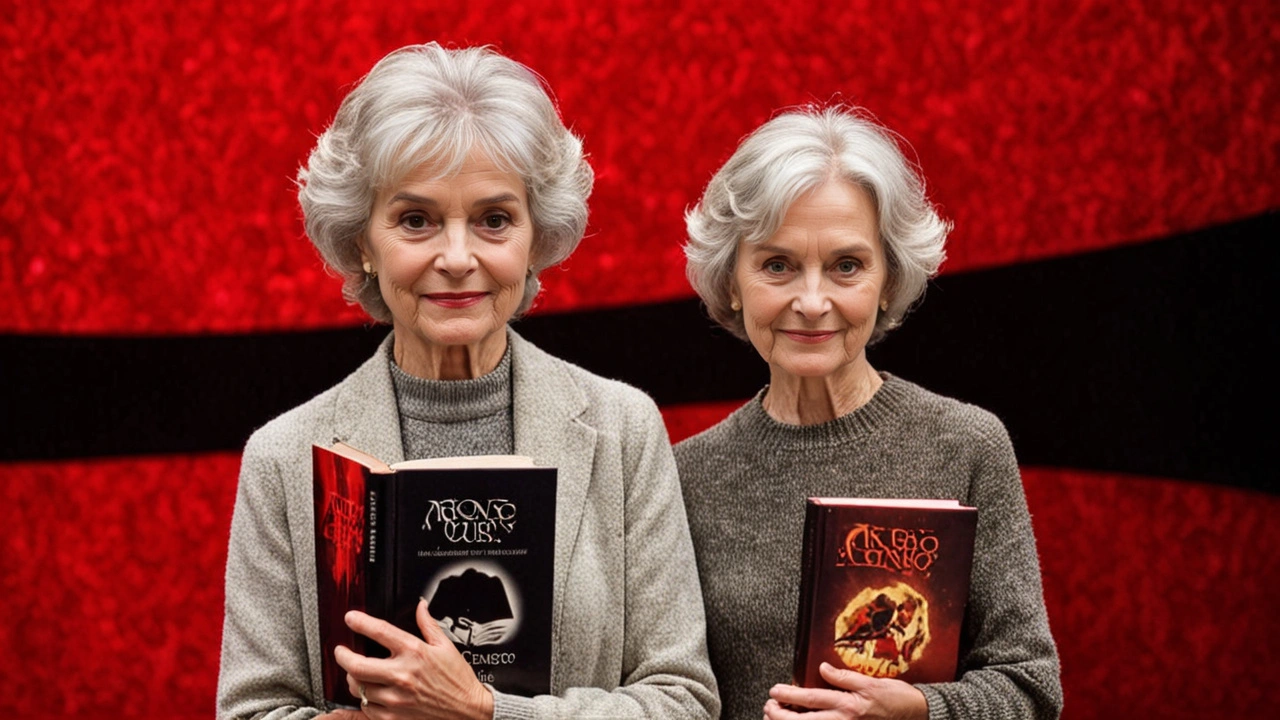Moral Responsibility: What It Means and Why It Matters
When you hear the phrase “moral responsibility,” you probably think of doing the right thing, even when it’s hard. It’s not just a fancy idea for philosophers – it’s something we all face at home, at work, and in the world around us. This page breaks down the concept, shows practical ways to act on it, and points out why it shows up in the stories you read every day.
Everyday Ways to Practice Moral Responsibility
First off, moral responsibility starts with simple choices. Picking up trash after a concert, helping a neighbor with groceries, or speaking up when you see unfair treatment are all everyday acts. The key is thinking about the impact of your actions on other people and on the community.
One practical tip is to ask yourself before you act: "Will this help or hurt someone else?" If the answer is unclear, pause and consider the possible outcomes. For example, sharing accurate information on social media prevents the spread of rumors that can harm reputations.
Another easy step is to listen actively. When someone shares a problem, give them your full attention instead of rushing to offer a solution. This simple act shows respect and can prevent misunderstandings that lead to bigger issues.
Being accountable for mistakes is also part of moral responsibility. If you miss a deadline or say something that hurts a friend, own up to it quickly. Apologize, explain what went wrong, and outline how you’ll avoid it next time. People appreciate honesty more than a perfect performance.
Moral Responsibility in News and Society
The news you see on Rowallan Park Daily News Africa often highlights moral responsibility in action or neglect. Stories about political leaders, athletes, or activists can illustrate how choices affect whole nations. When a government decides to cut foreign aid, for instance, the moral responsibility to support vulnerable populations is questioned.
Look at the recent coverage of the Trump‑Putin Alaska summit. The article shows how leaders’ decisions can shape the lives of millions, sparking debate about who should be held accountable. Similarly, pieces on extrajudicial killings in Kenya remind us that moral responsibility isn’t limited to individuals—it’s also a duty for institutions.
Following these stories helps you see the bigger picture. It encourages you to ask the right questions: Who benefits? Who suffers? What could be done differently? By staying informed, you become part of the conversation and can push for better outcomes.
Finally, remember that moral responsibility isn’t a one‑time checklist. It’s a habit you build over time. Start small, stay consistent, and watch how your actions ripple outward. The next time you read a headline about a controversial decision, think about the moral responsibilities involved and how you can contribute to a fairer world.
Ready to make an impact? Pick one of the everyday tips above and try it this week. Share your experience with friends or in the comments. Small steps add up, and together we can shape a community that values doing the right thing.
Alice Munro, Nobel Prize-winning author, faces backlash after revelations that she knew of her daughter's sexual abuse by her husband and chose to stay with him. The abuse began when her daughter, Andrea Robin Skinner, was 9 and continued through her teenage years. This revelation has cast a shadow on Munro's legacy, contrasting her empathetic writing with her real-life actions.
More
